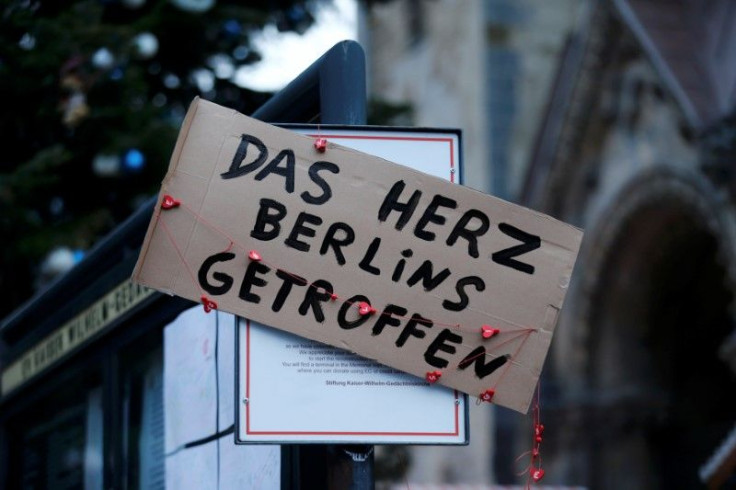ISIS Terror Attacks 2016: Are Trucks The Weapons Of Choice For Islamic State?

The Islamic State group, otherwise known as ISIS, claimed responsibility for inspiring the attack on a Christmas market in Berlin Tuesday afternoon, the day after a truck plowed through the German capital, killing at least 12 people and injuring at least 50 others.
For most international audiences watching the developments unfold in real-time, the news seemed all too familiar. That’s because a nearly identical terror attack occurred in Nice, France, during the nation's Bastille Day holiday July 14, when the driver of a 19-ton cargo truck deliberately crashed into a large crowd of civilians celebrating in the street. ISIS claimed the driver in that attack, who killed 86 people, was one of its "soldiers." The connection led many to wonder whether the Islamic State could be refocusing the way it carries out its terror attacks worldwide — though using motor vehicles in mass killings has been a long-discussed tactic by multiple terror groups.
Lorry just ploughed through Christmas market in #berlin. There is no road nearby. People crushed. I am safe. I am safe pic.twitter.com/63iWMmdSKr
— Emma Rushton (@ERushton) December 19, 2016
"This tactic goes back to al Qaeda talking about it," Peter Bergen, director for international security at the New America think tank, told the Guardian. “The barriers to entry are almost zero. The only thing you have to know how to do is drive. Now we are looking to the inauguration with a huge number of people in Washington, and U.S. officials are aware of it as a threat.”
Attacks using trucks and motor vehicles weren’t the only deadly incidents likely inspired by terror groups in recent days. In just 48 hours, terrorism also occurred in Zurich, Jordan, Yemen and Turkey. Gunmen opened fire in Switzerland’s largest city while suicide bombers targeted soldiers in Yemen. Meanwhile, the Russian ambassador to Turkey was assassinated in an incident described by multiple governments as an act of terror, including Russia andTurkey, and by U.S. President-elect Donald Trump.
While using vehicles for terror isn’t a new concept, the threat level of these internationally inspired attacks has certainly increased, especially during the 2016 holiday season. Though attacks inspired by ISIS and al Qaeda, among other groups, create unprecedented challenges for authorities, ones using trucks and motor vehicles could be more easily preventable.
Can barriers built at A&M prevent future attacks like the one in Nice, France? https://t.co/zEOyQlIwcU via @mySA pic.twitter.com/Cwg3ogjfQG
— San Antonio Express-News (@ExpressNews) July 17, 2016
Ahead of New York’s annual Macy’s Thanksgiving Day parade, police prepared for an attack similar to the one in Nice this year. Authorities established roadblocks along the outskirts of the parade, which would cause any vehicle attempting to breach security to crash before hitting those celebrating the festivities. Experts say modern security features like these must continue to be implemented for the safety of international communities.
© Copyright IBTimes 2024. All rights reserved.






















